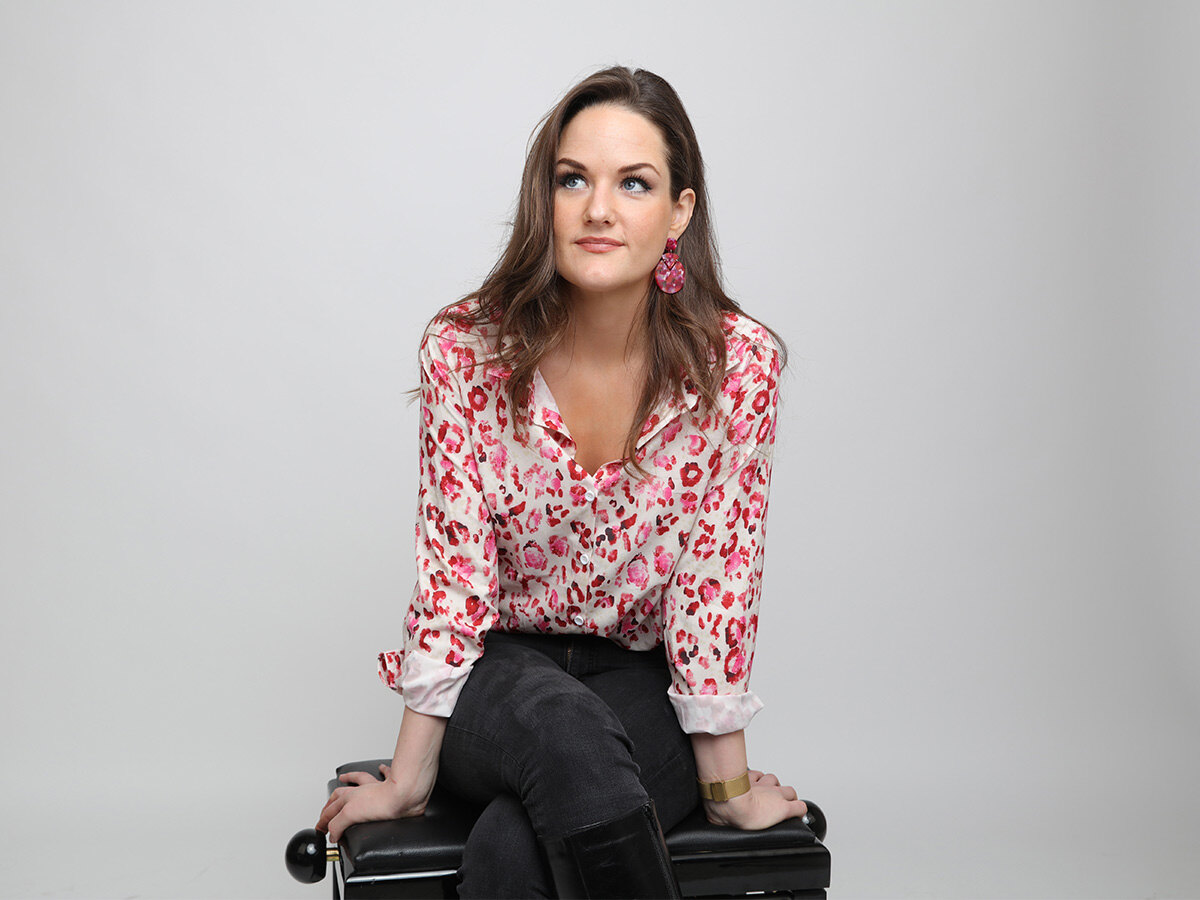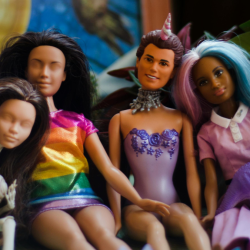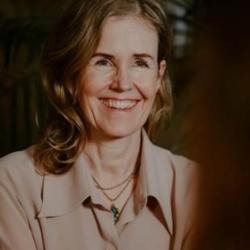In May 2021, Interbrand launched a dedicated Inclusive Design practice to help brands “pursue barrier-free brand experiences.” The new practice, led by Marianne Waite, aims to understand how people with disabilities have been historically underserved and help brands bring their products and services to a larger group of people.
Marianne Waite has long been working with brands to help them adopt more inclusive elements in their product design and communications. As the founder of brand inclusivity consultancy Think Designable, she helps bridge the gap between assistive and mainstream products and services. Through her involvement with The Valuable 500 campaign, she helped secure commitments from 500 global CEOs to put disability inclusion on their board agendas. A massive success, The Valuable 500 campaign was able to recruit some of the most successful businesses in the world including Apple, BBC, The Coca-Cola Company, Google, Microsoft, P&G, Twitter, Unilever and Vodafone to commit to advancing disability inclusion within their organisations.
Lost opportunities
Having struggled with autoimmune health challenges herself and spent some time searching for products for her sister, who has cerebral palsy, Waite noticed there was a gap in the market. As a family they would search for any product or service that could make her sister’s life more comfortable, but were constantly disappointed. “Businesses just don’t really cater to the needs of people with disabilities. Whether that’s the retail environment, online shopping or products and services. And importantly, also in advertising and communication,” explains Waite. “We talk a lot about sustainable growth, we talk a lot about user-centricity, being customer-first. But how can we do that if we’re ignoring 20% of the nation?”
Research from the World Health Organisation (WHO) estimates that 15% of the world’s population, meaning over 1 billion people, live with some form of disability. Due to the increase in chronic illnesses and the ageing populations of the world, this number is projected to increase. A report on the global economics of disability in 2020 by Return on Disability, a customer analytics and design company, states that people with disabilities, their friends and their families represent 73% of all consumers. Shockingly, people with disabilities say that 75-80% of their customer experiences are failures.
So why do businesses still fail to cater to this group, given their size? Waite points to historical fear as a possible explanation. “When we were little, if you saw a disabled person on the street you were told ‘Don’t look, don’t stare, it’s rude to stare’. So now we don’t look at them. We don’t acknowledge them. Disability is almost branded in our minds as something that charity will deal with,” says Waite, pointing out that while we don’t accept sexist or racist practices, somehow discriminating against disabled people has only very recently begun to be considered as problematic.
A customer experience problem
Even though brands have adopted diversity and inclusion as part of their brand purpose, thinking about disability hasn’t been part of the focus. “There’s always an excuse that it’s something they’re going to do later. They think it’s too complicated or they don’t have customers who are disabled. So it’s a lot of fear and a lot of prejudice, but also a lack of awareness,” states Waite.
The pandemic allowed us to acknowledge how disruptive temporary and situational disability is. We saw a lot of brands shift and develop more inclusive practices to adapt to working from home and shopping online. We saw how fast change can occur when it’s prioritised. We also saw how beneficial being agile and inclusive can be.
An example is Amazon, which has done very well during the pandemic thanks to their user experience, versus Primark, which ended up losing £800 million during the lockdown because it lacked the online and e-commerce systems to serve their customers.
Emphasising the issue as a customer experience problem, rather than one that charity has to deal with, is helping. “I think one of the problems is that people think that disability doesn’t have anything to do with them, but the reality is this is just about excellent customer experience in a way that will enable you to connect with more people,” explains Waite.
An example is Prada. Waite recalls that during their initial discussions with the luxury fashion brand, the brand saw the issue as more of a social one. But slowly they began to shift their perspective and noticed the opportunity. “When those aspirational brands start to lean in, it disrupts the idea that disability is a low value thing,” says Waite.
Change on the horizon
The good news is that things are changing. More and more, companies are beginning to see the shortcomings of their offerings and investing in paying disabled people for their insights, diversifying their suppliers to guarantee certain levels of accessibility and working with disability-led experts. Interbrand’s Inclusive Design practice is there to guide them. As someone who has helped bring about this change, Waite can tell companies’ perspective has shifted. Whereas once the conversation with brands was about trying to convince them to listen, now it’s about how to get diverse insights in the room. Observing this shift leads her to believe that the change is here to stay. “It’s only good news and the way I see it is that inclusivity is not a trend, it’s something that’s going to continue to grow, much like sustainability.”


































